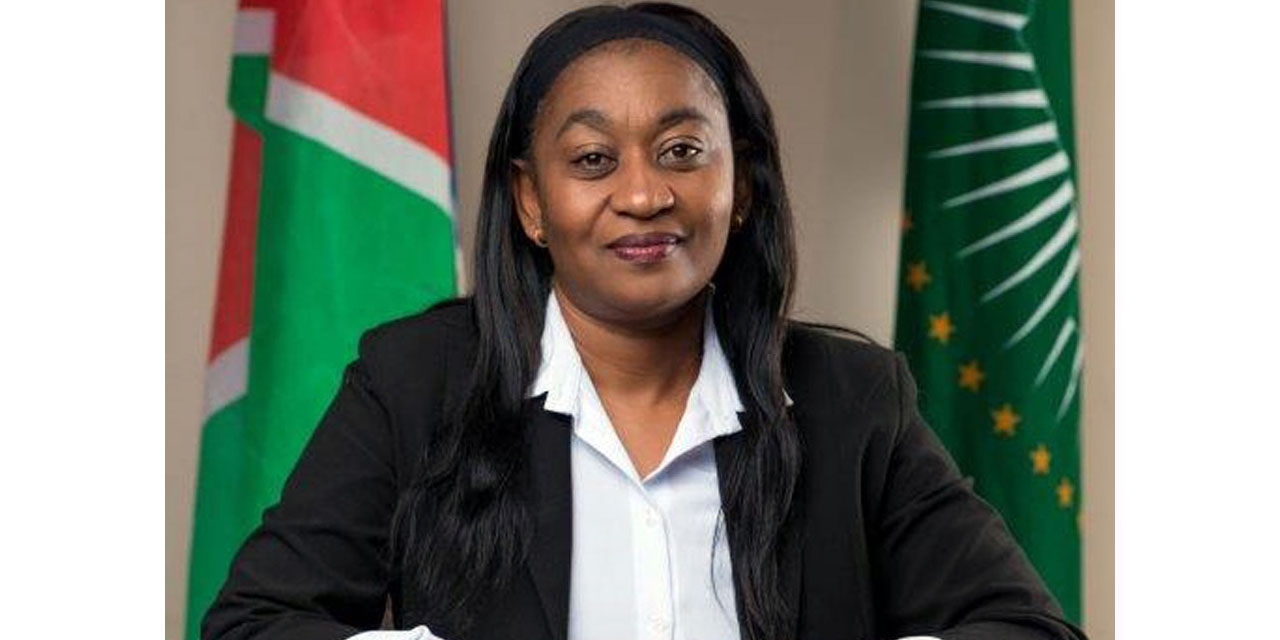Obrein Simasiku
Some candidates for Moses //Garoëb Constituency by-election are in chorus about water provision, electrification, sanitation, open markets and access roads.
Two of them have pledged to surrender part of their salaries towards community upliftment. On the other hand, the Electoral Commission of Namibia (ECN) says it’s all systems go as of tomorrow they will be printing the final ballot papers. The by-election consists of two independent candidates, Swapo Party, Popular Democratic Movement (PDM) and the Namibia Economic Freedom Fighters (NEFF), to battle it out on the 6th of January. “Everything is in place, lately we have been busy with voter’s education, and now we shall be printing the final ballot papers, and then waiting for the day to come when we shall post our members on the ground. However, the challenge is that the set date falls into the festive sea when people are travelling in and out, which is likely to affect voter turnout, but we are hoping for the best,” says ECN Spokesperson, Liina Ndengu.
Queried on why such a date, Ndengu says the Act dictates so, saying whenever a vacancy occurs it should be filled within 90 days. “So we count from the time the vacancy occurred up to the time when it’s 90 days, unfortunately, it can never be done beyond that date. Also within those days a lot needs to be done from training officials, supplementary voters registration, educational campaigns as well 15 days verification period,” she explains.
There are 42 000 eligible voters registered in the constituency. A team of 18 officials was recruited to oversee 14 fixed points and four mobile stations. The by-election follows the death of former Swapo councilor, Aili Venonya, in October. Meanwhile, Swapo candidate, Stefanus Ndengu, says he quit his job at the mine to come to serve the community. “I am fully aware of the hardships our community faces from lack portable of portable water, fewer toilets and general sanitation. So these are among the first things I will address,” he says.
“In short I am here to implement the Swapo manifesto which seeks to deal with the provision of land, electrification and employment creation. At this point, I do not want to make many promises of honey and milk, but one thing I am certain is when I get into the office, I am coming to uplift the masses from suffering,” adds Ndengu.
Independent candidate, former Swapo member, Hashoongo Ndalifilwa, vows to address social ills the ruling party has failed to address. Among the issues of concern is access roads, which cut community members from accessing emergency services. “If a fire breaks there’s no way they can reach the affected people faster. Electrification of the area is very important as 90% of the constituency has no power, while in the same vein street lights will need to be increased to curb alarming crime rate and enhance security through working together with the relevant authorities,” says Ndalifilwa. Adding he will donate a certain percentage of his remuneration towards community projects.
“With that money I will assist fire victims and destitute people, because they always suffer when they become homeless and lose their belongings in the blaze. Further I will help all children making sure they attend school, as well as secure identity documents to those without,” he promises.
IPC candidate, Moses Mwandingi equally pledges half his salary when he is voted in power.
Hengobe Moses, another independent candidate and former Swapo member, concurs with the other candidates that access roads are vital in the constituency, including the establishment of open markets at four centres such as Havana four-way, Ombili, Hakahana and Epandulo, popularly known as Oshitenda.
“This is a site next to Ongos valley which we have identified to start a brickmaking project run by the youth. The bricks made from the will be used to pave the streets while they too help themselves. President Geingob already said the youth must start businesses to provide employment, and this is the first step to undertake.”
Moses says those in the pathways will be relocated to identified areas, including those finding themselves in the planned spaces of the open markets. “This is a sign of a lack of development and project implementation, we were promised vision 2030, now we are almost there but still we can feel the tangible results. Thus the community should have faith in me, as I plan to also advocate for a clinic within the area,” stresses Moses.




